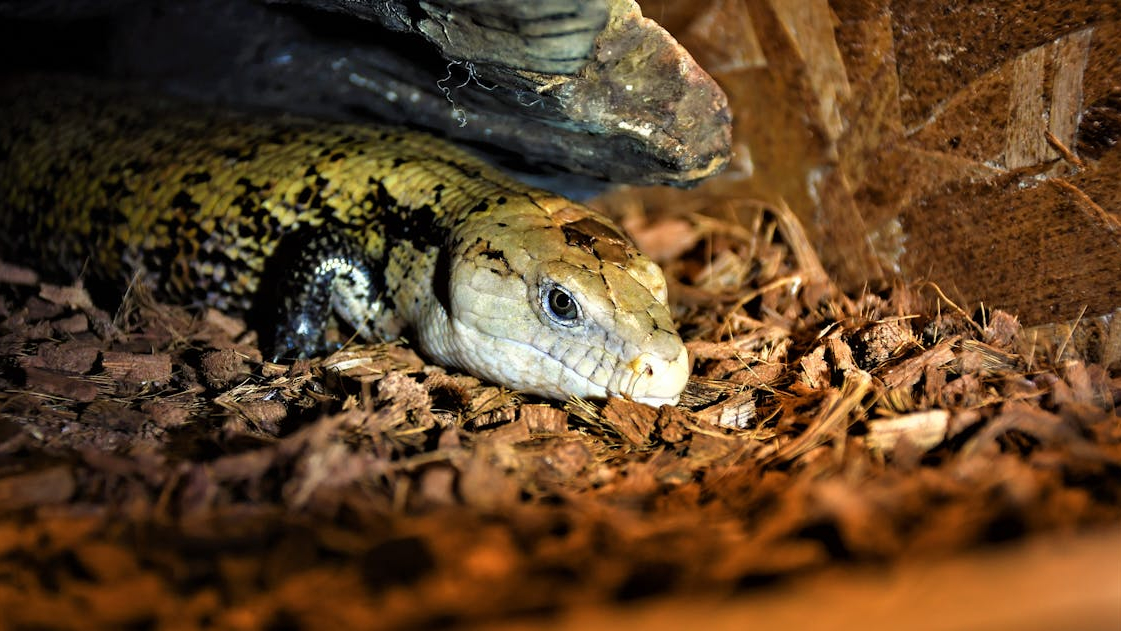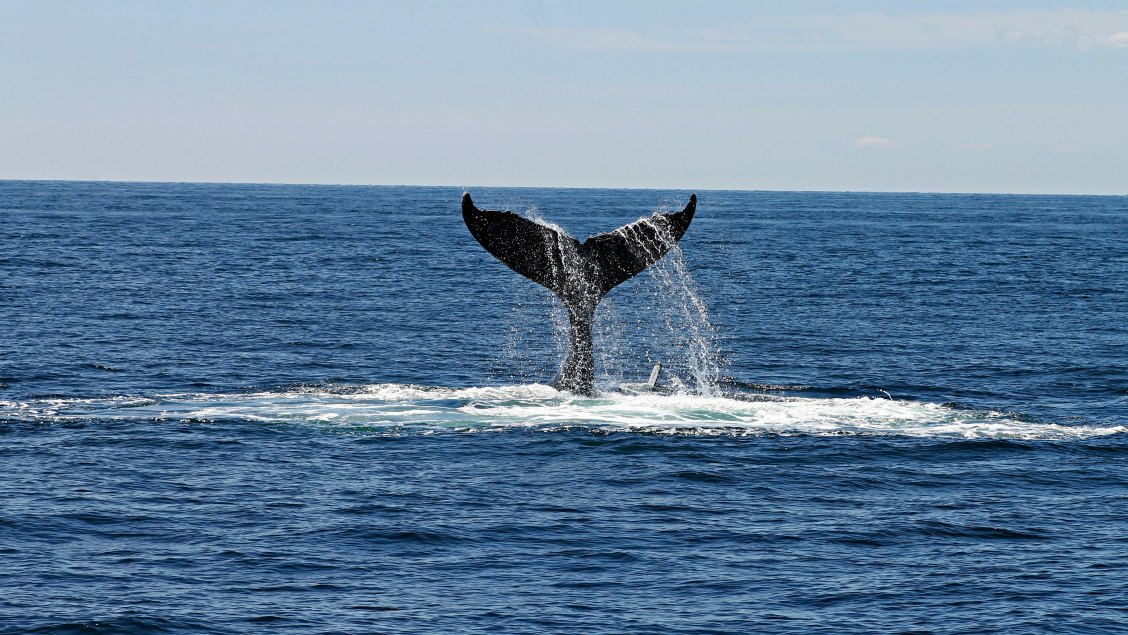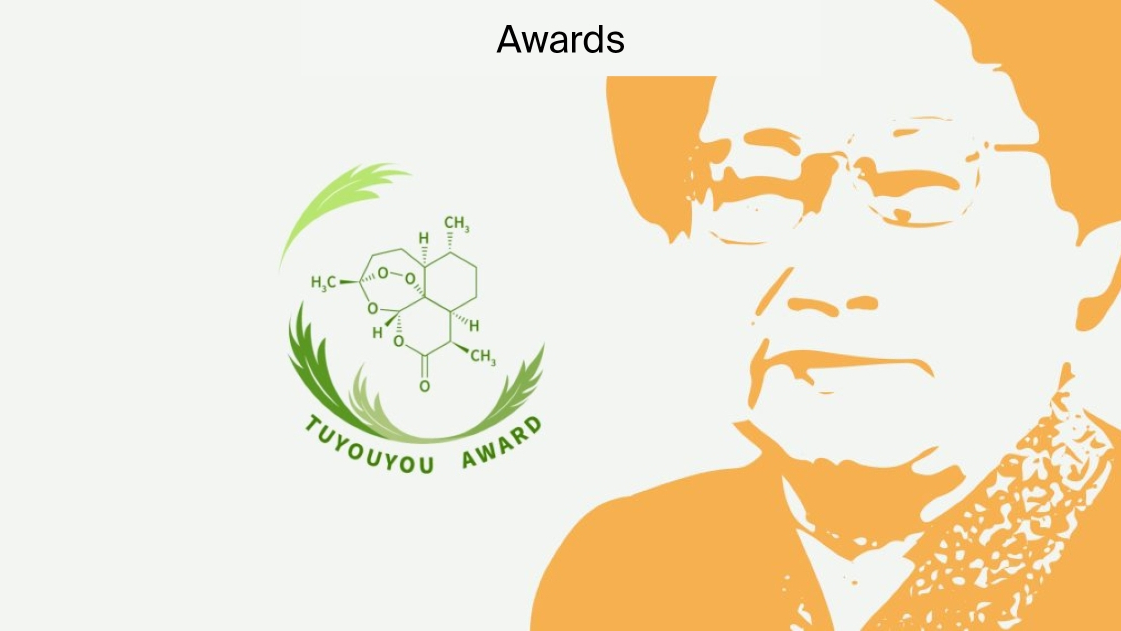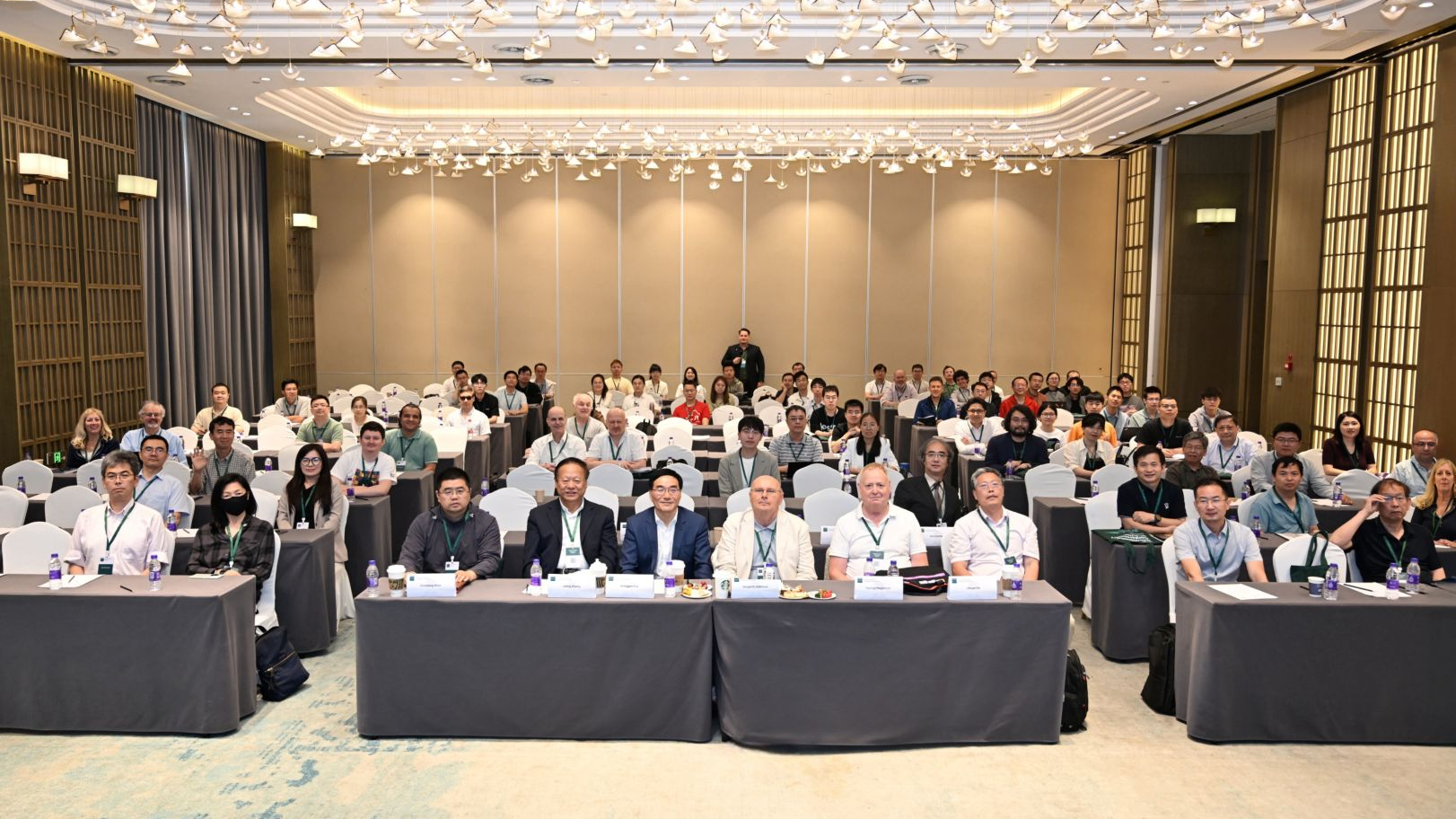
Open Access Week 2023
Open Access Week 2023 is here!
As always, here at MDPI, we encourage knowledge and information about Open Access to be shared broadly among the community. The importance of disseminating and sharing research quickly and effectively has proven itself over the last few years. We continue to push for a world where all research is published in Open Access; to remove the barriers of access to research.
From the Open Access Week website,
Open Access Week is an invaluable chance to connect the global momentum toward the open sharing of knowledge with the advancement of policy changes and the importance of social issues affecting people around the world. The event is celebrated by individuals, institutions, and organizations around the world, and its organization is led by a global advisory committee.
We here at the blog feel that it was important to try and devote time to addressing different elements of Open Access.
Open Access Week content
The goal behind focusing on Open Access is a simple one. The sharing of knowledge is a human right. Because of the rapid exchange of knowledge across geographic, economic, and disciplinary boundaries that is needed to make research available, we all benefit from open access.
What is open access?
Katherine Bosworth went into more detail about the different types of publishing models that exist in Open Access, primarily looking at gold and green forms of Open Access. Because there are different types, we try to clarify how we approach it. With the aim of being transparent, we believe that information about these different forms of open access is available can help inform authors’ decisions about how and where they should publish.
In keeping with this, you can read more about MDPI and transparency in Open Access. There, we go back to the comparison of subscription publishers versus open access publishers and present as much information as we can on the matter.
A global perspective of Open Access
With so many different countries taking part in so many different initiatives, it can be hard to keep track of them all. Here, we’re working towards doing just that. Check in with us every month for a new article on the state of Open Access in different parts of the world. Using our handy table of contents, you will be able to easily see our growing list of content.
Open Access in the USA
With one of the highest outputs of open access research, the USA is leading open access policy. Presently, it aims to make all federally funded research available in open access by the end of 2025. Generally, the term “public access” is often used in the context of the US government, but this is just a variation of “open access”. Here, we outline the history of the USA government’s mandates and the policies that are currently in place for those looking to submit their research.
Open Access in China
Similar to how “public access” is used in the USA, China uses “open science” interchangeably with “Open Access”. In 2020, China became the leading producer of research articles. This continues and the country is showing a “substantial growth […] in OA publication”. This is supported by the State’s commitment to research and development, as well as their policy requiring the promotion of open science. Because of these initiatives, the country serves as a positive example in how to handle Open Access moving forward.
Open Access in the EU
In the EU, Open Access is defined as “the practice of providing online access to scientific information that is free of charge to the user and is reusable”. Generally, this is in the form of peer-reviewed scientific publications, usually articles in academic journals and scientific research data. The EU makes the arguement that Open Access contributes to better science and can more efficiently deliver innovation in both the public and private sectors.
Profiling Open Access Books
MDPI also has an active involvement in publishing Open Access books. As one that has drawn a great deal of attention, “5 Insights to Avoid Global Collapse” was the focus of one of our articles.
In a very interesting interview, we had an opportunity to sit down and talk to Gaya Herrington is Vice President of Schneider Electrical Global, a specialist company in energy management. In her fascinating book, “5 Insights to Avoid Global Collapse”, she talks about how we can all come together to create systemic change.
Her latest book release with MDPI updates her research with the latest empirical data. Along with this exclusive research update, her book also contains a more in-depth discussion about what her findings indicate for future global developments. Importantly, the book identifies which systemic changes we can still make, for a better tomorrow. For example, recognising that growth is not a good goal, and is the cause of society’s problems.
In her book she addresses different things that we can do implement changes in our lives to help.
Climate Justice as the theme of Open Access Week 2022
How can open access help with climate justice? Taking a moment to review the topic from last year, here we take a dive into how Open Access can have a major impact on climate justice.
Climate justice needs a strong protective stance against environmental damage. This means reducing fossil fuel consumption and consumption in general. We also need to be more mindful of how climate change will affect different people in society. Those with fewer means and more time ahead of them, i.e., younger generations, are more at risk.
But, research can help to curb these effects. Scientific research investigates issues and helps us to learn more about the world around us.
How climate justice in the Global South is affected by Open Access
How does open access affect different areas of the globe? Nat Kelly looks into this important issue.
A topic that has gained relevance in recent years has been the disparity in how climate change affects different countries. Poorer countries often have to face a disproportionate set of consequences from climate change. In addition, they often have less resources to handle them, leaving many communities at great risk.
Open access research is crucial in the fight for climate justice. It provides poorer governments and communities with data that can inform their decision and policy making and better prepare them for the problems they will face in the future. Facilitating global collaboration between researchers, in turn, will provide more climate data to improve future efforts.
Citizen science and Open Access
Daniella Maritan-Thomson notes that citizen science can have a lot of power and use in big global projects (something that was evident during the COVID-19 pandemic). Fitting the theme of Open Access, it can draw attention to important topics, such as environmentalism, virology, and a host of other interesting subjects. It can also create a broad sense of awareness on a subject.
Citizen Science in Indonesia
One example that she covers in her article is a project that involves citizen science participation in natural resource management. The aims of this Indonesian study is to restore degraded land to its natural soil base following years of tin mining. In trying to repair soil nutrients and making it suitable for agriculture, the goal is to increase livelihood options for the local residents. There was increased communication between citizen scientists and small-holding farmers, creating an opportunity to work towards climate justice.
Open access citizen science and bees
In another example, MDPI’s journal, Sustainability, published a review on citizen science and the monitoring of bees in open access. Given their importance to the environment, many members of the public have taken up beekeeping as a hobby. This systematic review compared different citizen science studies about bees. It surprisingly found that these kinds of projects are already contributing to scientific research.











I would like to join hands in climate Justice campaign.
Hi Deepak, thanks for the comment. Great to hear that you care about this issue as much as we do.
Kindly tell me about publication fee.
Hello Madiha, thanks for the comment.
Each MDPI journal has its own Article Processing Charge. You can find information about them on our APC page. If you scroll down to the bottom, you can see a full list of the fees for each journal.